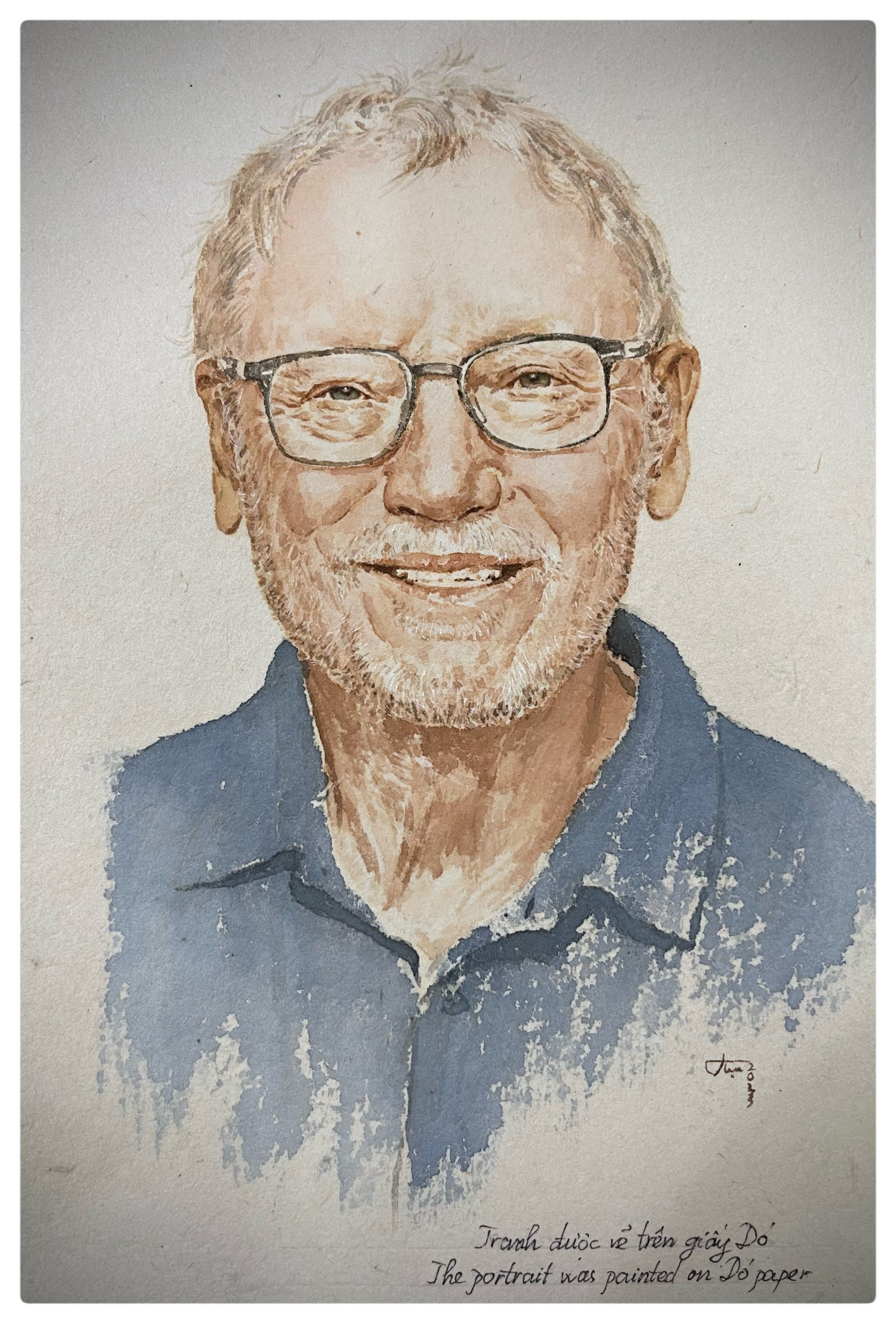AFFILIATION
University of Copenhagen, Denmark
SUMMARY OF WINNING ENTRY
Discovering the role of glucagon-like peptide-1 (GLP-1), paving the way to widely used treatments for diabetes and obesity and stimulating emerging applications for neurodegenerative diseases
Professor Jens Juul Holst is a pioneering scientist in the field of endocrinology and metabolism. Alongside Professor Joel Habener’s research team at Massachusetts General Hospital, Professor Jens Juul Holst’s team at the University of Copenhagen discovered the structure and role of glucagon-like peptide 1 (GLP-1) in regulating gastrointestinal motility and insulin levels. Stemming from the detection of GLP-1 in the intestines and pancreas of mammals in 1986, a year later, Professor Holst published breakthrough research on the discovery of a functional isoform of GLP-1, which is seven amino acids shorter in molecular structure, designated as proglucagon 78-107 or GLP-1 (7-36). The finding of the GLP-1 (7-36) isoform later led to the discovery of this peptide’s role in regulating insulin and glucose in humans, ushering in a new era of diabetes and obesity treatments based on GLP-1. Not only contributing to the determination of the biological rolse and drugs based on GLP-1, along with Prof. Carolyn Deacon và Daniel Joshua Drucker, Professor Holst also played a key role in discovering the dipeptidyl-peptidase-4 enzyme (DDP-4), which catalyzes the breakdown of GLP-1. From this discovery, a new line of drugs based on the mechanism of DDP-4 inhibition was developed, significantly improving the effectiveness of GLP-1 therapies by enhancing the drug’s lifespan in the body and increasing its stability and biological efficiency.
SCALE OF IMPACT
These significant advancements related to the GLP-1 endocrine process have laid the foundation for powerful therapies for Type 2 diabetes, obesity and short bowel syndrome, impacting over 100 million people with type 2 diabetes, more than 1 billion individuals with obesity, and over 3 million with short bowel syndrome. In 2023, there were more than 20 million doses of GLP medication used globally. Additionally, the exploration of the physiological mechanism of GLPs has propelled the research and development of new treatments for cardiovascular diseases and many neurodegenerative conditions, including Alzheimer’s, Parkinson’s, and Huntington’s diseases, all of which being among the leading causes of death globally. In the case of Alzheimer’s disease, one of the most common neurodegenerative conditions, GLP-1 medication could slow the progression of Alzheimer’s disease, offering new hope for over 55 million patients worldwide.
MEANINGFUL CHANGE
The seminal work of Professor Daniel Johsua Drucker, Joel Francis Habener, Jens Juul Holst, and Svetlana Mojsov has brought breakthrough impacts to the fields of endocrinology, metabolism, and gastroenterology. The translation of their discoveries on GLP-1 and DDP-4 biology into clinical medical solutions has transformed treatment methods for various diseases, thereby contributing to building a healthier world. Their work is a testament to the transformative power of innovative scientific discovery and the potential of these discoveries in shaping treatment methods and healthcare solutions.








